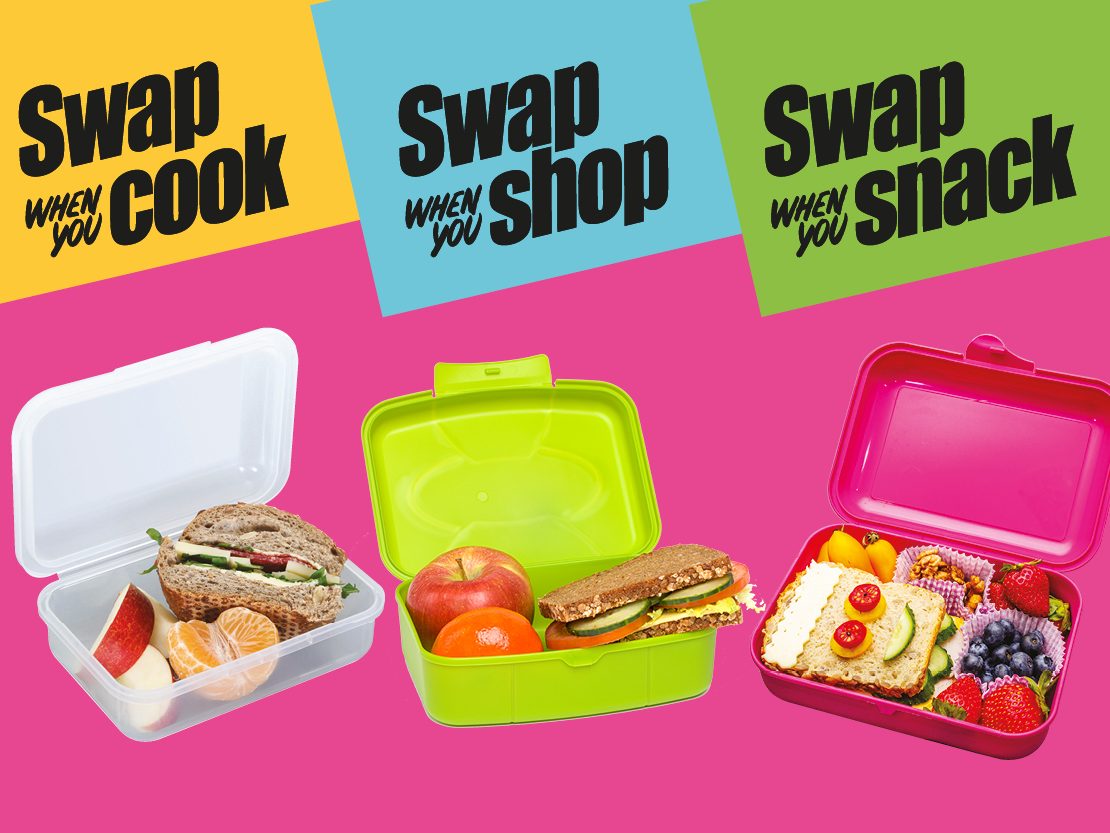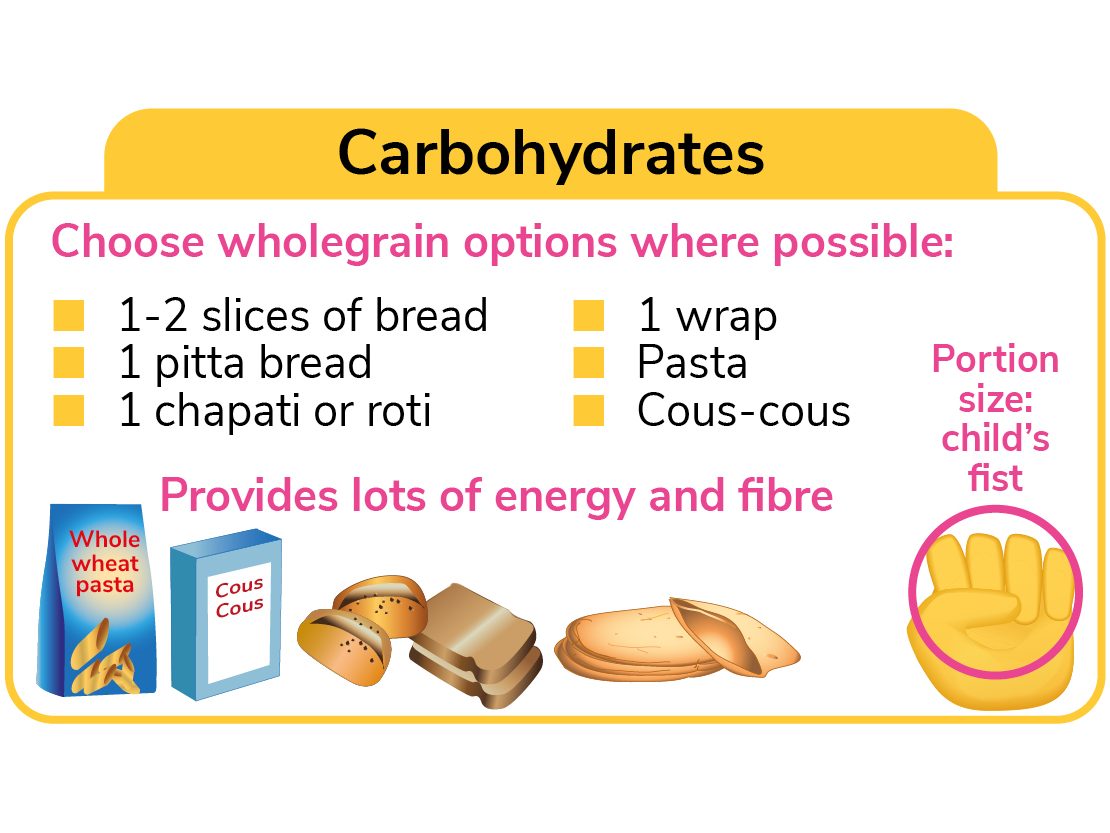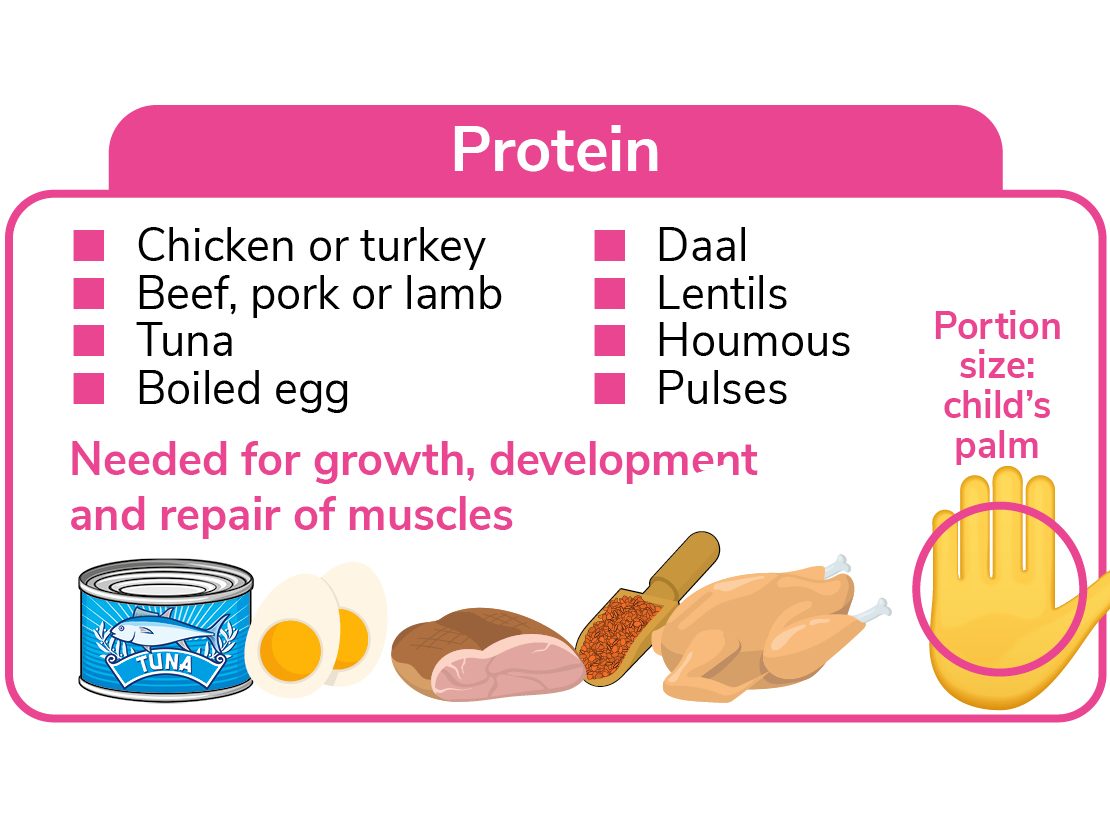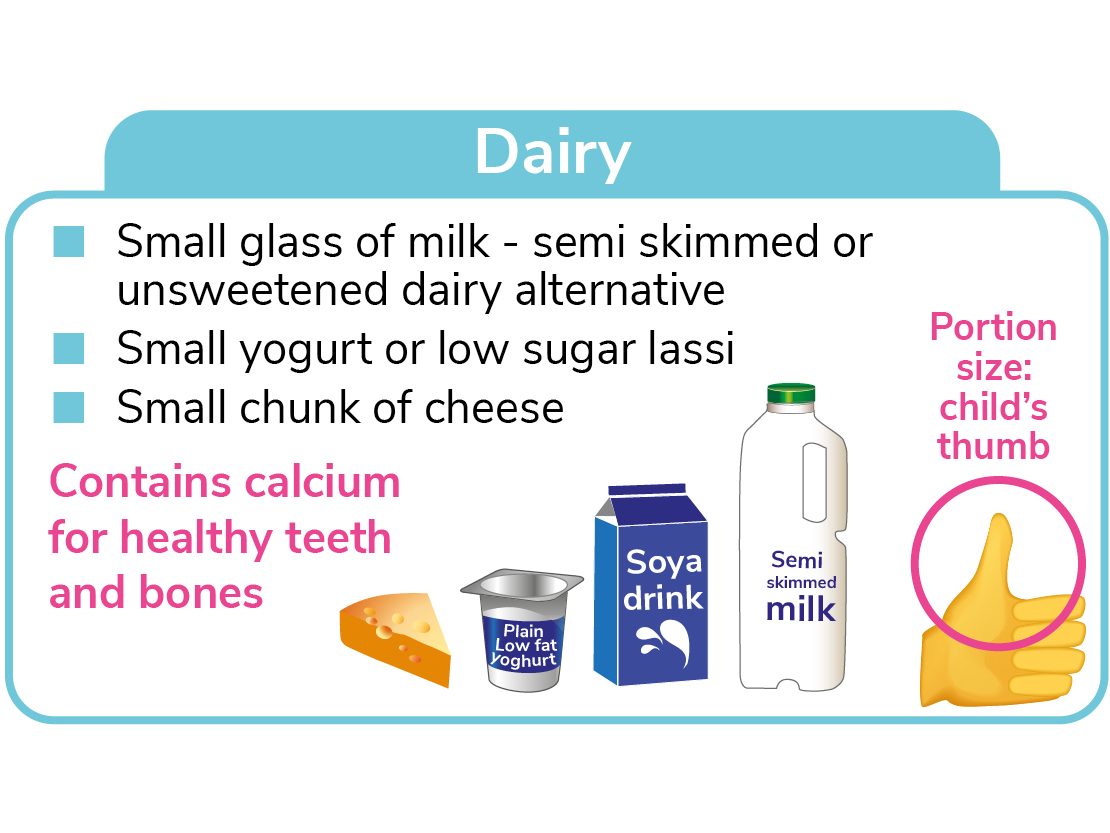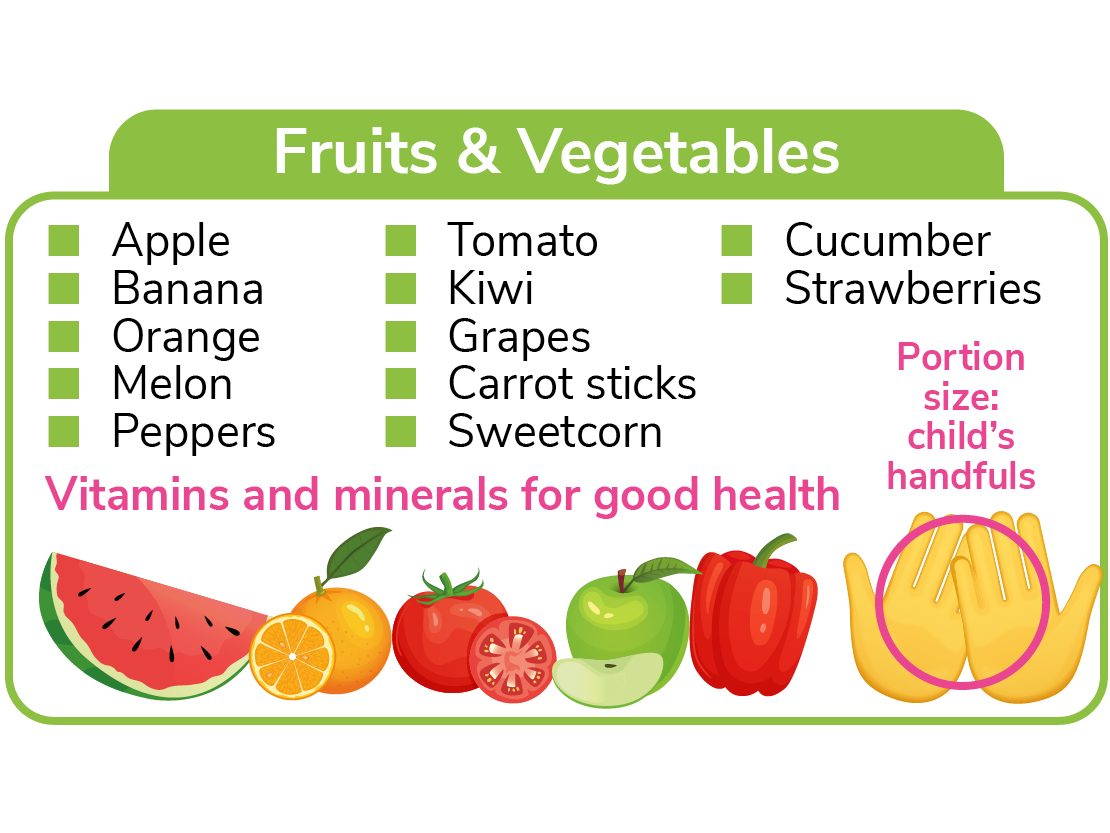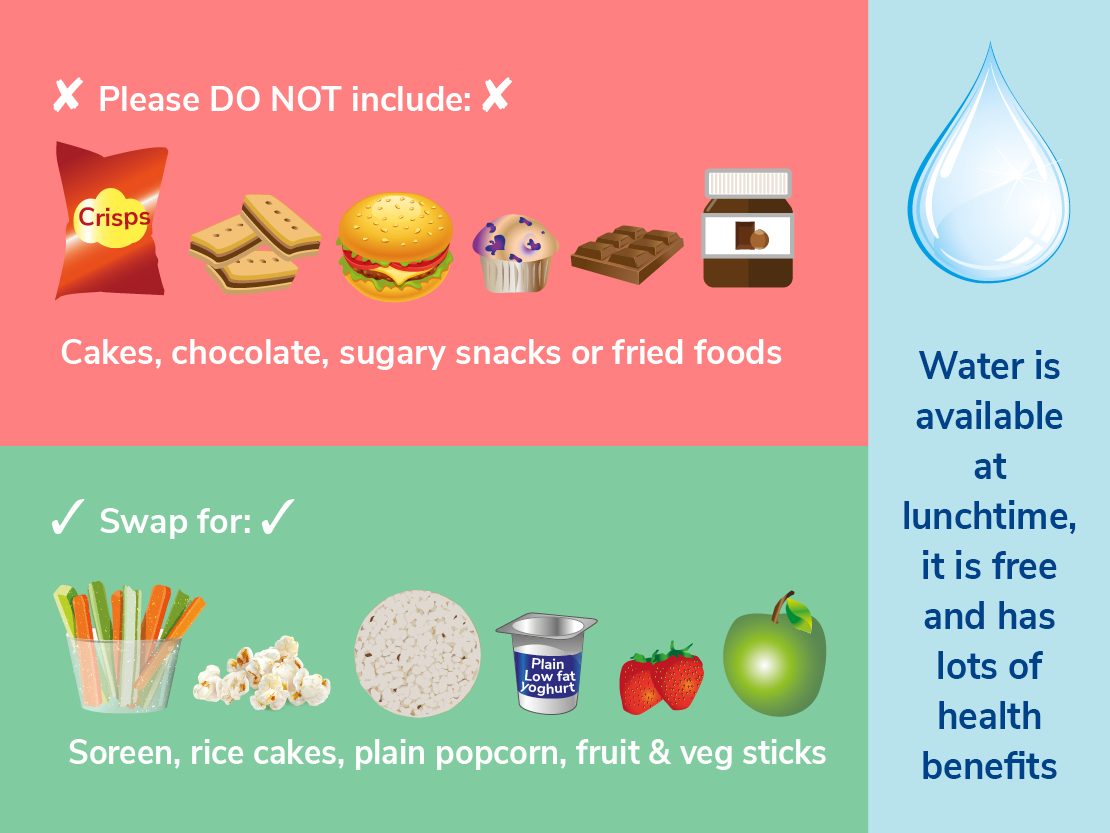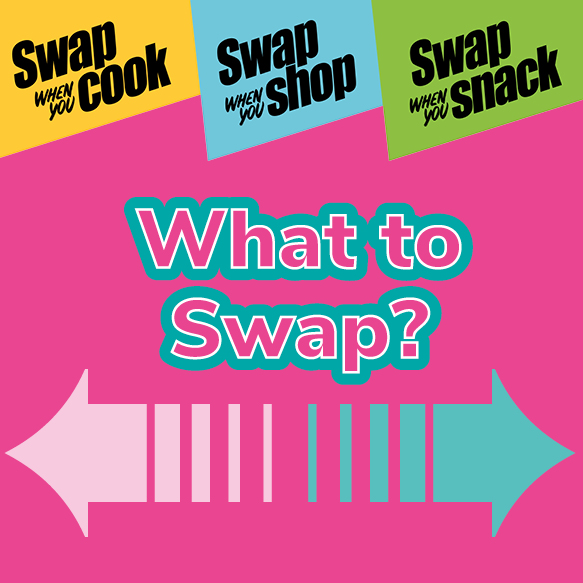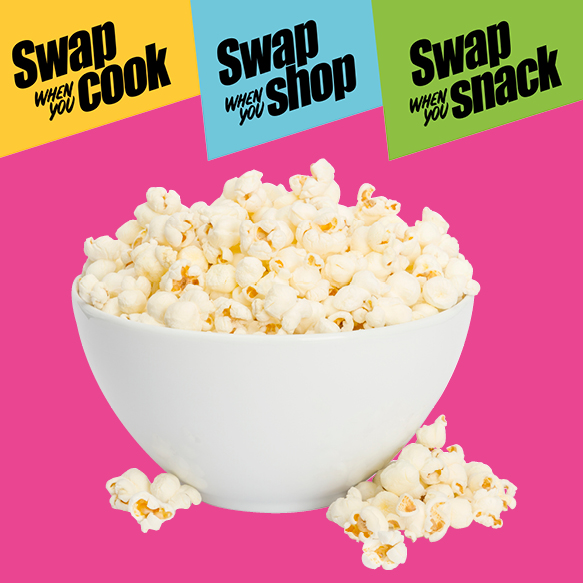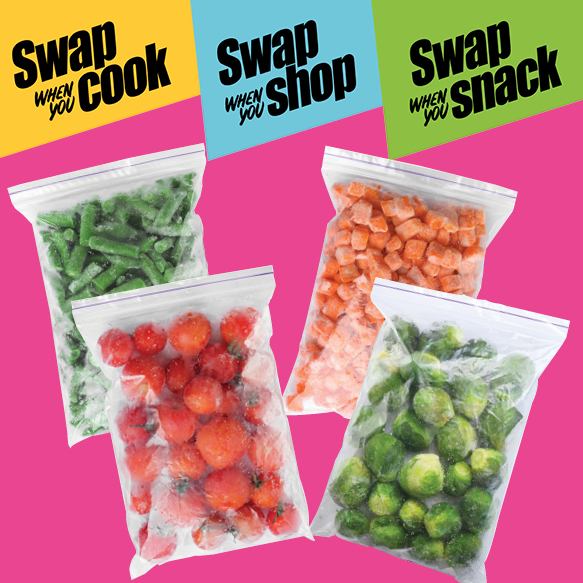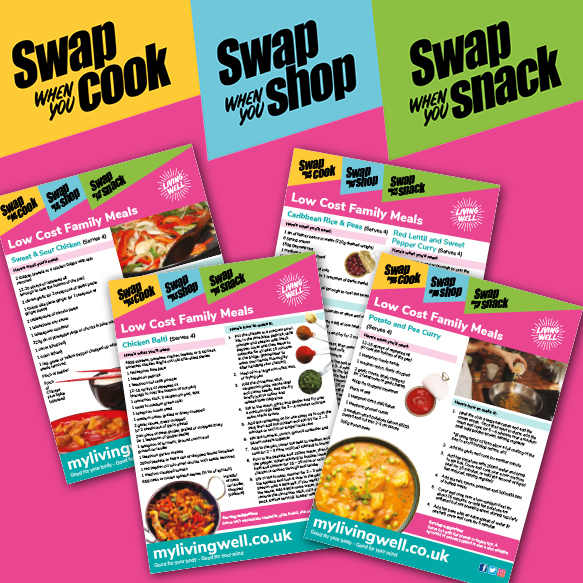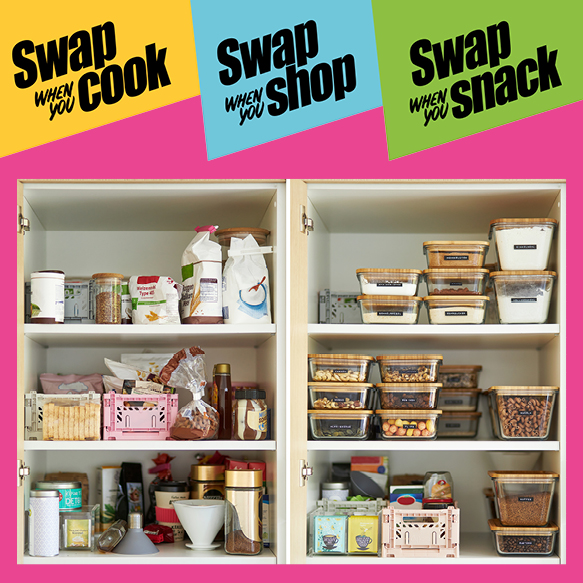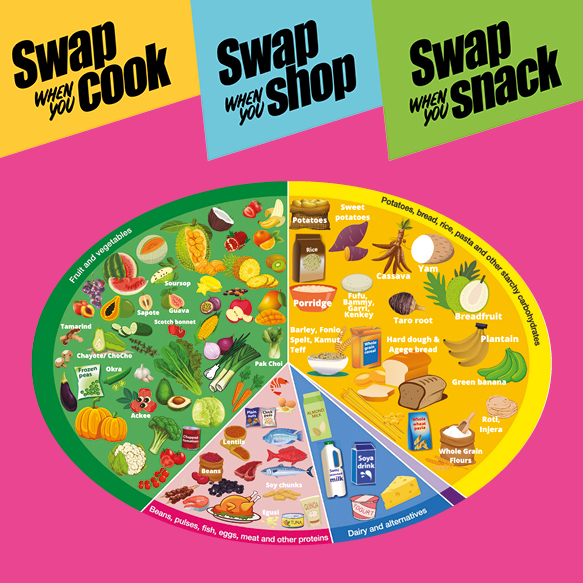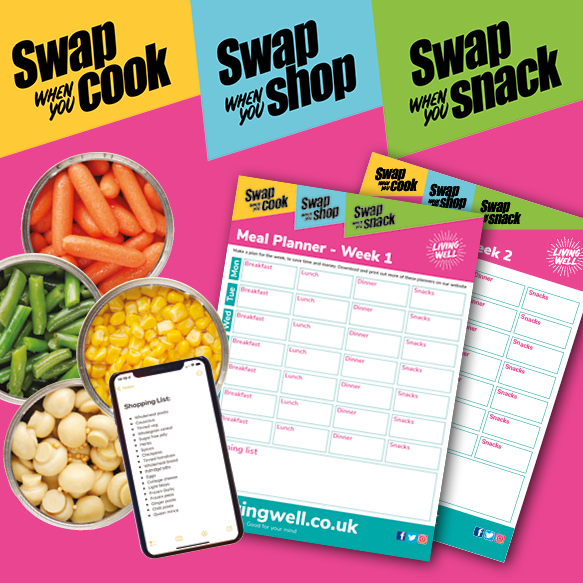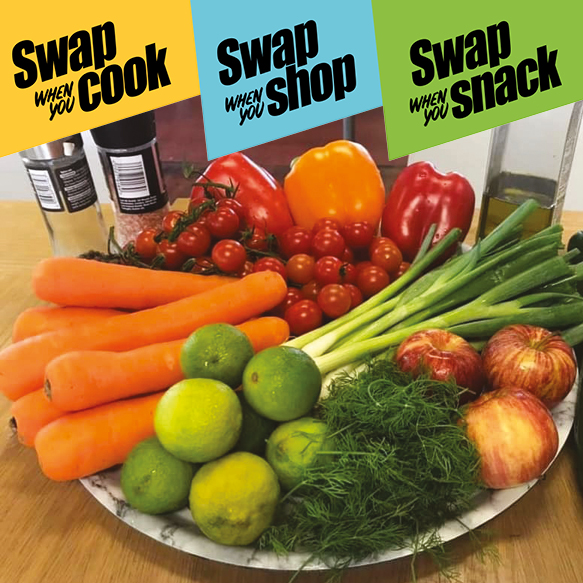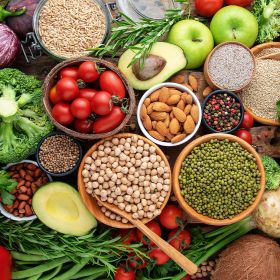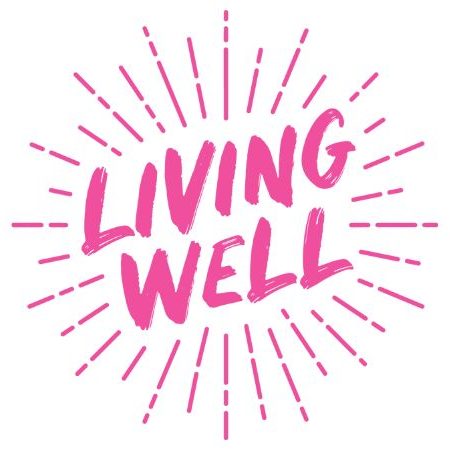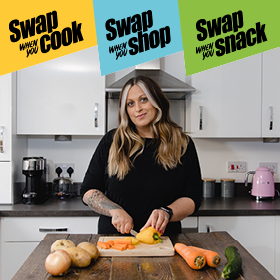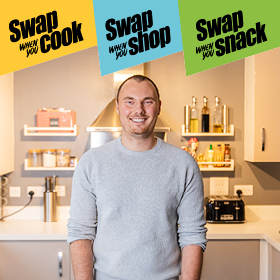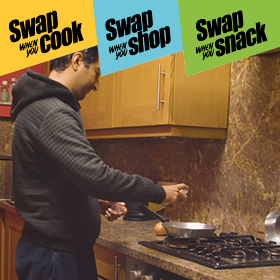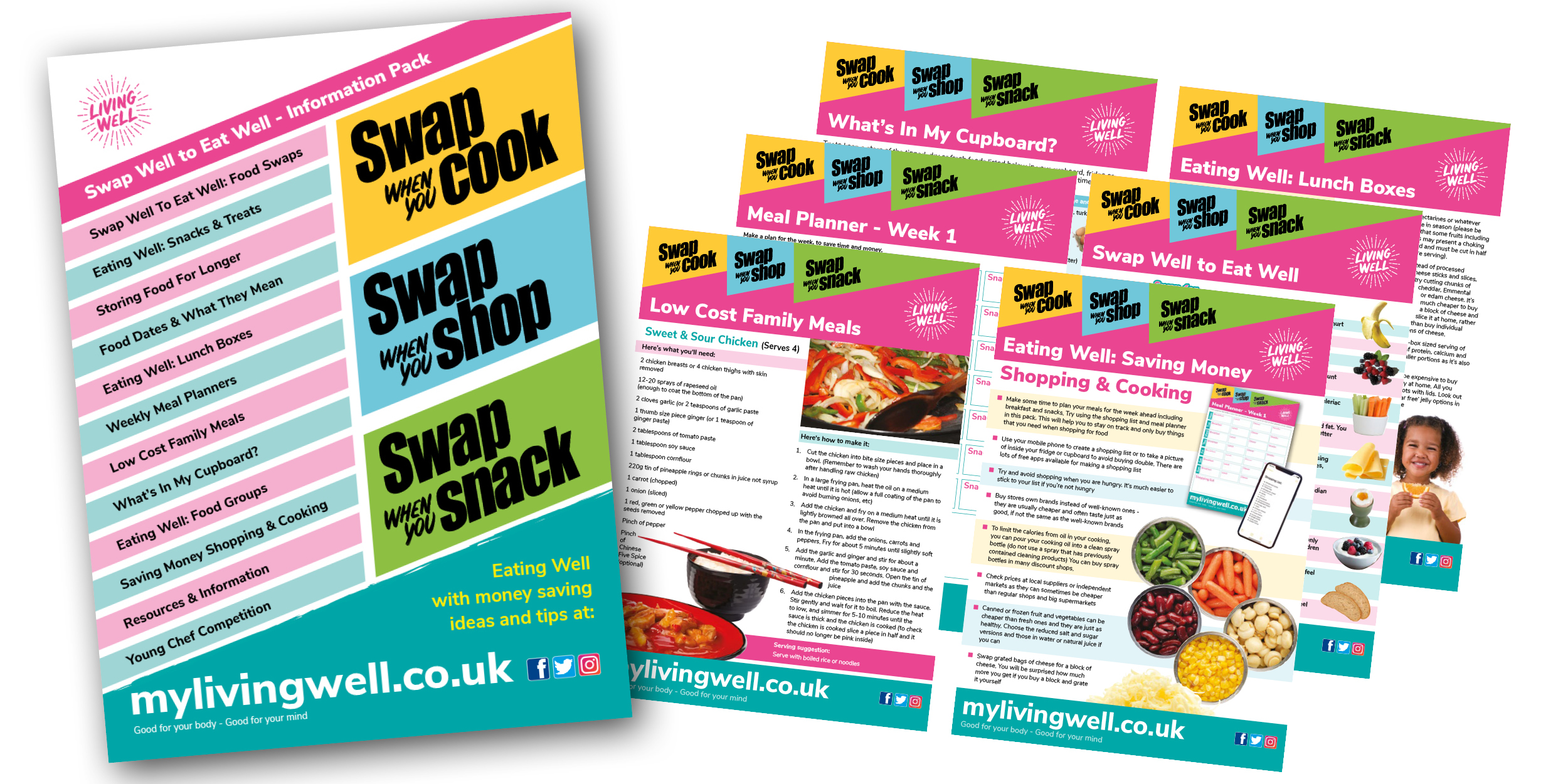
Bread is a staple part of many packed lunches but you can use alternatives to sliced bread, such as pittas, wraps, rolls or flatbreads. Try choosing brown, wholemeal or multigrain options for more fibre which makes you feel fuller and also helps energy levels last longer.
Encourage younger children to eat their packed lunch by including naturally brightly coloured foods with different shapes and textures to help them enjoy their food.
Include chopped colourful vegetables that can be eaten with fingers, such as cherry tomatoes, cucumber slices, carrot sticks, pepper strips, baby sweetcorn, radishes and celery sticks.
Include colourful fruit such as satsuma segments, apples, banana, blueberries, pear, grapes raisins, pineapple, melon, peach, nectarines or whatever fruits are in season (please be aware that some fruits including grapes may present a choking hazard and must be cut in half before serving).
Instead of processed cheese sticks and slices, try cutting chunks of cheddar, Emmental or edam cheese. It’s much cheaper to buy a block of cheese and slice it at home, rather than buy individual portions of cheese.
Stick to a small match-box sized serving of cheese as it is a good source of protein, calcium and vitamins but best eaten in smaller portions as it’s also high in saturated fat and salt.
Ready-made pots of jelly can be expensive to buy and it’s really easy to make jelly at home. All you need is some small reusable pots with lids. Look out for ‘real fruit juice’ jelly or ‘sugar free’ jelly options in the supermarket and follow the instructions for making the jelly and then add frozen berries (e.g. blueberries, raspberries, strawberries) or tinned fruit (e.g. mandarin segments, peach slices, pear halves).
Allow to cool, pop the lids on then keep in the fridge. They will keep for up to 5 days, so are perfect for adding to packed lunches!
